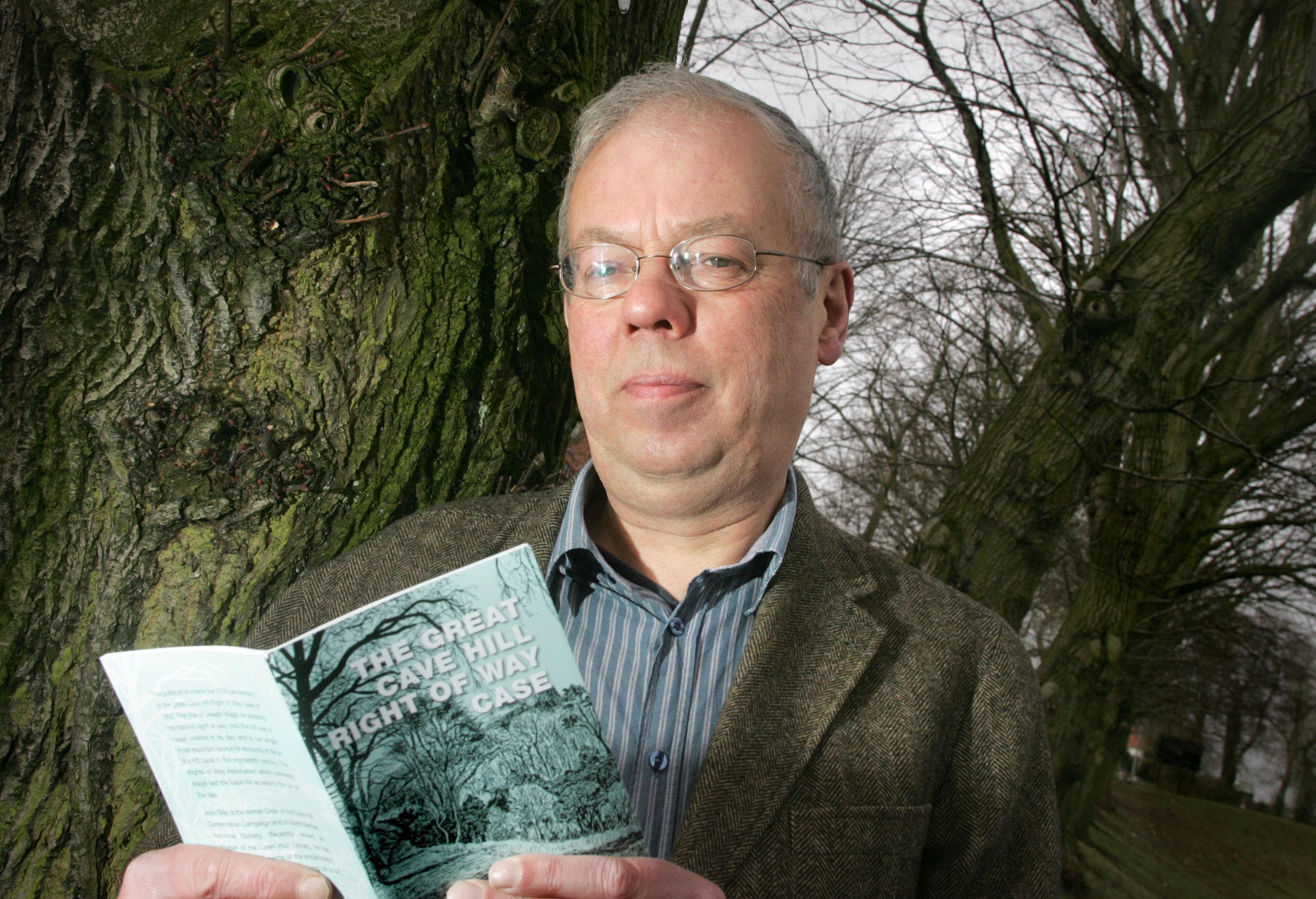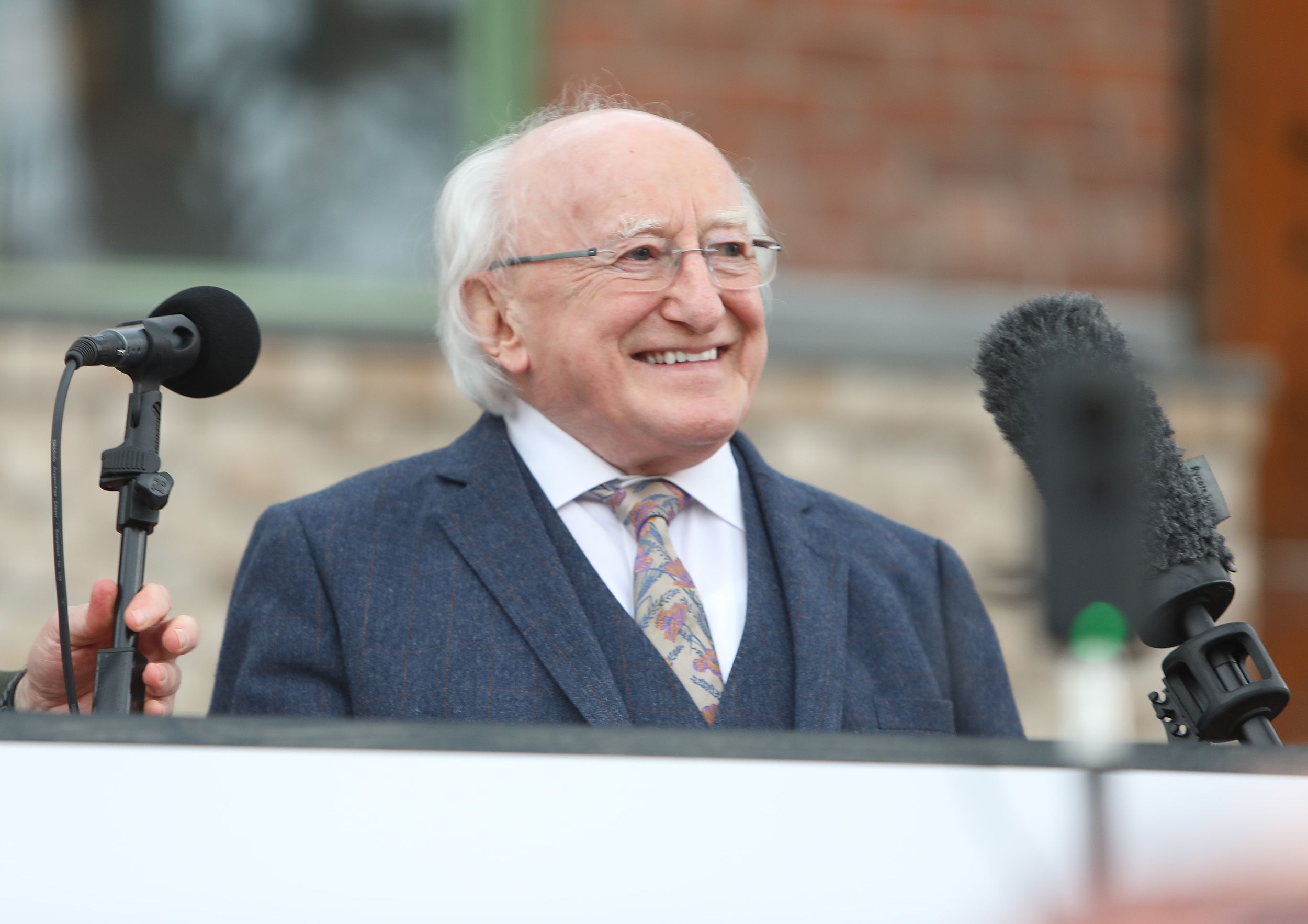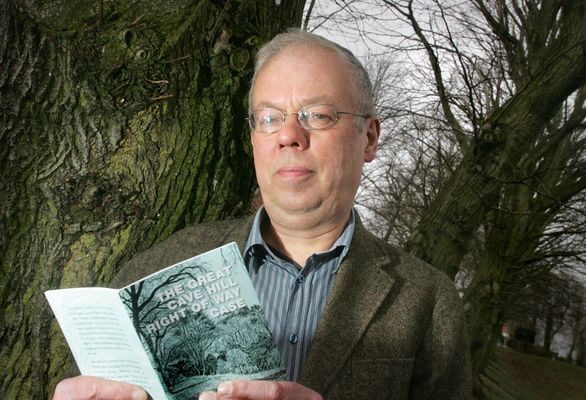IT seems to many of us of all faiths or none that much of the argument about President Higgins’s attendance or non-attendance at the forthcoming ecumenical service to mark partition and the creation of Northern Ireland misses the main points.
The jingoistic terms in which the official centenary programme was launched prevented any inclusive endeavour. As Boris Johnston put it with staggering insensitivity in a Northern Ireland context and indeed with ludicrous hyperbole, "It is something obviously to celebrate because I love and believe in the Union that makes up the United Kingdom, the most successful political partnership in the world."
The centenary had to be marked; it would have been dishonest to evade it. Some of us organised an alternative programme of lectures outside the official programme which indeed took a critical look at the events leading to the creation of Northern Ireland and its subsequent chequered record. Our programme also included a highly critical lecture on the early record of the Irish Free State.
John Gray
It was the misfortune of the churches that their proposed ecumenical service was at the outset tainted by inclusion in the official programme, even if they rapidly secured its withdrawal. As they have clearly liaised with both the Northern Ireland Office and the Department of Foreign Affairs it would seem that God has nonetheless been unable to act wholly independently. Indeed the very act of inviting the President and the Queen made it clear that the intention was to co-opt states into what might have been a purely religious occasion.
So what are we left with; a service ‘to mark the centenary of the partition of Ireland and the establishment of Northern Ireland’. However that is dressed up with talk about hopes for the future which we all share it is irrevocably about the past and remains highly political.
There is only one form of service which we could all endorse – a service of repentance by the main churches for the often leading role that they played in exacerbating sectarian tensions throughout the latter part of the nineteenth century and into the twentieth century, this despite the honourable exceptions of a minority of their clergy. It could be argued that the forces of division were already there but in re-enforcing them the churches made partition, and on an avowedly sectarian basis, more certain.
President Higgins has an entirely rational and enlightened case for non-attendance at the service and is to be commended for organising his own inclusive programme of events to mark these difficult years in our history.






